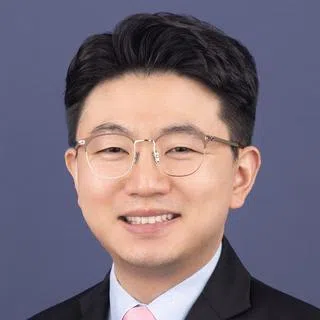China’s silent nod to North Korea-Russia partnership raises geopolitical stakes
With nations like China carefully supporting the North Korea-Russia relationship from the sidelines, security concerns and questions regarding Asia’s stability are amplified, says academic Hao Nan.
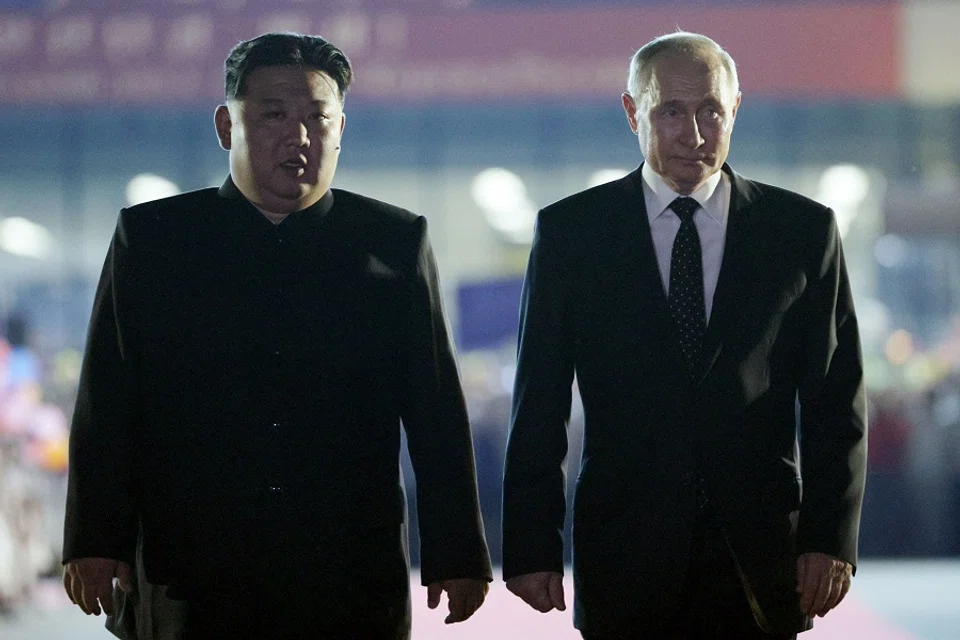
North Korea’s deployment of up to 12,000 troops to Russia with recent intelligence reports saying that an advance unit of 8,000 soldiers has reached Kursk — a move verified by Ukrainian, South Korean, US and NATO intelligence — has garnered significant international attention, signalling a strategic shift in global alliances.
This unprecedented alliance between Moscow and Pyongyang places North Korea in direct alignment with Russia, positioning both countries in opposition to the West on the Ukraine front. With nations like China carefully supporting the relationship from the sidelines, this alliance has amplified security concerns and raised questions about its implications for Asia’s stability and the broader geopolitical order.
North Korea’s support for Russia underscores a new level of alignment that extends beyond historical precedent. In response to South Korea’s growing involvement with the US and NATO, North Korea has opted to reinforce its ties with Moscow, framing their collaboration under a Treaty on Comprehensive Strategic Partnership initially signed in June but ratified by the State Duma only recently. While the partnership provides both countries with diplomatic flexibility, it echoes Cold War-era alliances. This current alignment, however, goes further than symbolic gestures, evolving into practical military cooperation that threatens to entrench the rift between the East and West.
With soldiers reportedly disguised as ethnic Russian Buryats of Asian descent, North Korea’s actions reflect its broader ambition to assert itself on the global stage.
Grabbing on to lifelines
Pyongyang’s alliance with Russia offers it a lifeline amid heightened isolation, giving it access to advanced military technology and combat experience on a level it has rarely encountered. By situating its forces near Ukraine, North Korea not only secures practical benefits but also leverages its partnership with Moscow to offset the diplomatic gap left by Beijing’s hesitancy.
Moreover, North Korea’s recent troop deployment strategy aligns with its constitutional amendments declaring South Korea as a hostile state, illustrating Pyongyang’s intent to escalate its military posture across multiple fronts. With soldiers reportedly disguised as ethnic Russian Buryats of Asian descent, North Korea’s actions reflect its broader ambition to assert itself on the global stage.
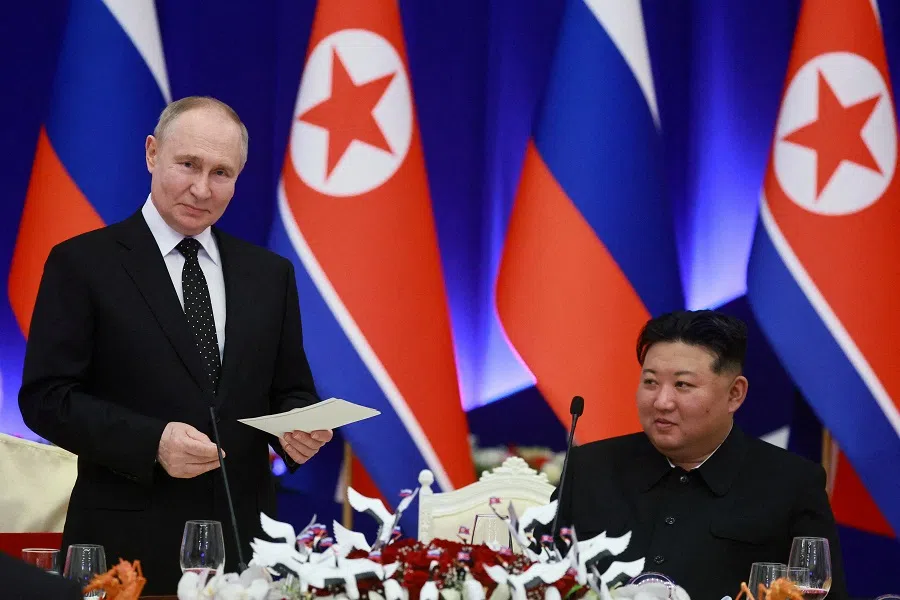
China’s position on North Korea’s troop deployment has been cautious but supportive. On 30 October, Chinese Foreign Minister Wang Yi met with Russian Deputy Foreign Minister Andrey Rudenko in Beijing, where Wang reaffirmed the strength of Sino-Russian ties under the Comprehensive Strategic Partnership of Coordination for the New Era, despite “external interference”.
This careful diplomacy suggests that Beijing, while not fully endorsing Pyongyang’s actions, tacitly supports Russia’s reliance on North Korean forces as an additional deterrent against Western support to Ukraine beyond the nuclear weapon option.
While the US and UK have been considering whether to give Ukraine the green light to use long-range weaponry they donated to Kyiv, Putin updated Russia’s nuclear weapon rule in September and announced that any attack against Russia by a non-nuclear state that was backed by a nuclear-armed one would be considered a “joint attack”.
... China is likely convinced that it should tolerate the Moscow-Pyongyang troop deployment at least for the sake of avoiding nuclear war.
China choosing to ‘tolerate’ North Korea-Russia rapprochement
The nuclearisation of the Ukraine war is a scenario absolutely divergent from China’s repeated advocacy of the avoidance of nuclear war, as reflected in China’s six-point consensus launched along with Brazil and welcomed by over 110 countries, including the host country of the first Ukraine peace summit, Switzerland.
The timing of Wang’s affirmation, following a meeting between Xi Jinping and Vladimir Putin at the BRICS Summit on 23 October, a few days after the revelation of troop dispatch from South Korean and Ukrainian sources, indicates that China is likely convinced that it should tolerate the Moscow-Pyongyang troop deployment at least for the sake of avoiding nuclear war.
Such tolerance might be predicated on the fact that North Korea troop deployment would be kept in grey zone tactics and used for Kursk region for defensive purposes, instead of advancing into Ukraine’s territory, which would risk triggering a multilateralisation of the Ukraine war and provide justified grounds for NATO’s direct involvement.
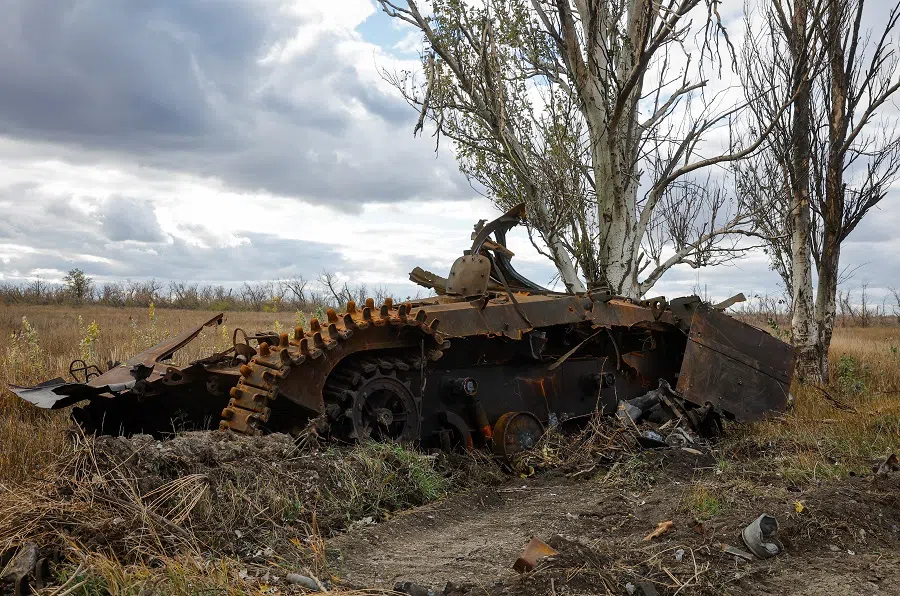
South Korea’s response has been one of heightened vigilance, with increased discussions on direct military support to Ukraine. Seoul’s decision to consider arms support reflects its concerns over the immediate security implications of an emboldened North Korea positioned alongside Russia. The alliance has prompted South Korea to reaffirm its own alignment with NATO and the US, marking a significant escalation in East Asia’s security dynamics.
As Pyongyang reinforces its threat to South Korea, China’s restrained acquiescence of the alliance further complicates the security landscape. Seoul must now navigate the dual challenges of an advanced nuclear and missile-capable North Korea with a large, battle-hardened army, and its new military alignment with Russia, all while being cut off from China’s traditional role as a mediator for dialogue.
While Washington has maintained caution, the deployment may push the US to deepen its defence commitment to allies in Asia and Europe.
US may be pushed into deeper alliance with allies
For Russia, North Korea’s troop support provides a critical buffer against personnel shortages and the prolonged strain of the Ukraine conflict. By positioning North Korean troops in Kursk oblast along Ukraine’s border, Russia can ease domestic military strain and public discontent while signalling resilience.
However, Moscow’s silent stance on the exact role of North Korean forces suggests a strategic ambiguity, allowing it to avoid direct escalation with NATO while using the partnership as a deterrence measure. North Korea’s presence could thus be seen as a complementary deterrent to Russia’s nuclear options, adding a new layer to Russia’s defence capabilities while signalling to the West the depth of its strategic alliances.
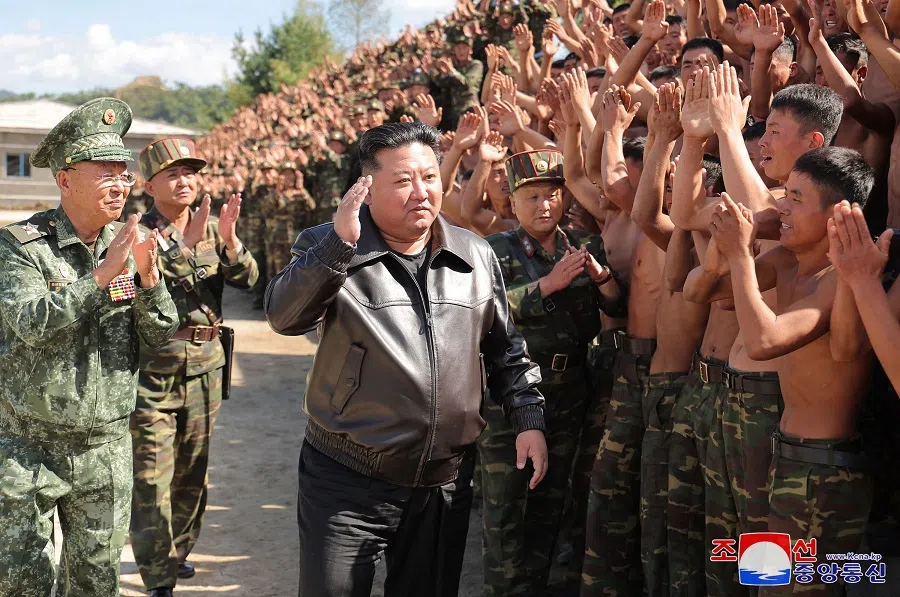
The Moscow-Pyongyang alliance has introduced a new, ambiguous layer to global security dynamics. While Washington has maintained caution, the deployment may push the US to deepen its defence commitment to allies in Asia and Europe. The evolving situation leaves NATO in a delicate position as it seeks to balance support for Ukraine with the risks posed by North Korea’s active role in the conflict.
The US election outcome will likely shape Washington’s approach to North Korea and could prompt new diplomatic overtures if North Korea’s demonstrations of threat continue. This calculated ambiguity serves both North Korea and Russia, allowing them to avoid overt military provocations while signalling their alignment to deter Western intervention.
The North Korea-Russia alignment exemplifies the complexity of today’s geopolitical climate. With a reinforced Moscow-Pyongyang alliance, China’s cautious acquiescence, and North Korea’s displays of force ahead of the US election, the international community faces an increasingly polarised world.
As each side manoeuvres strategically, regional alliances must be recalibrated to prevent further escalation. Renewed diplomatic initiatives, particularly through multilateral channels, will be essential in navigating this era of ambiguous but potent alliances, providing a platform to foster stability amid rising tensions.
